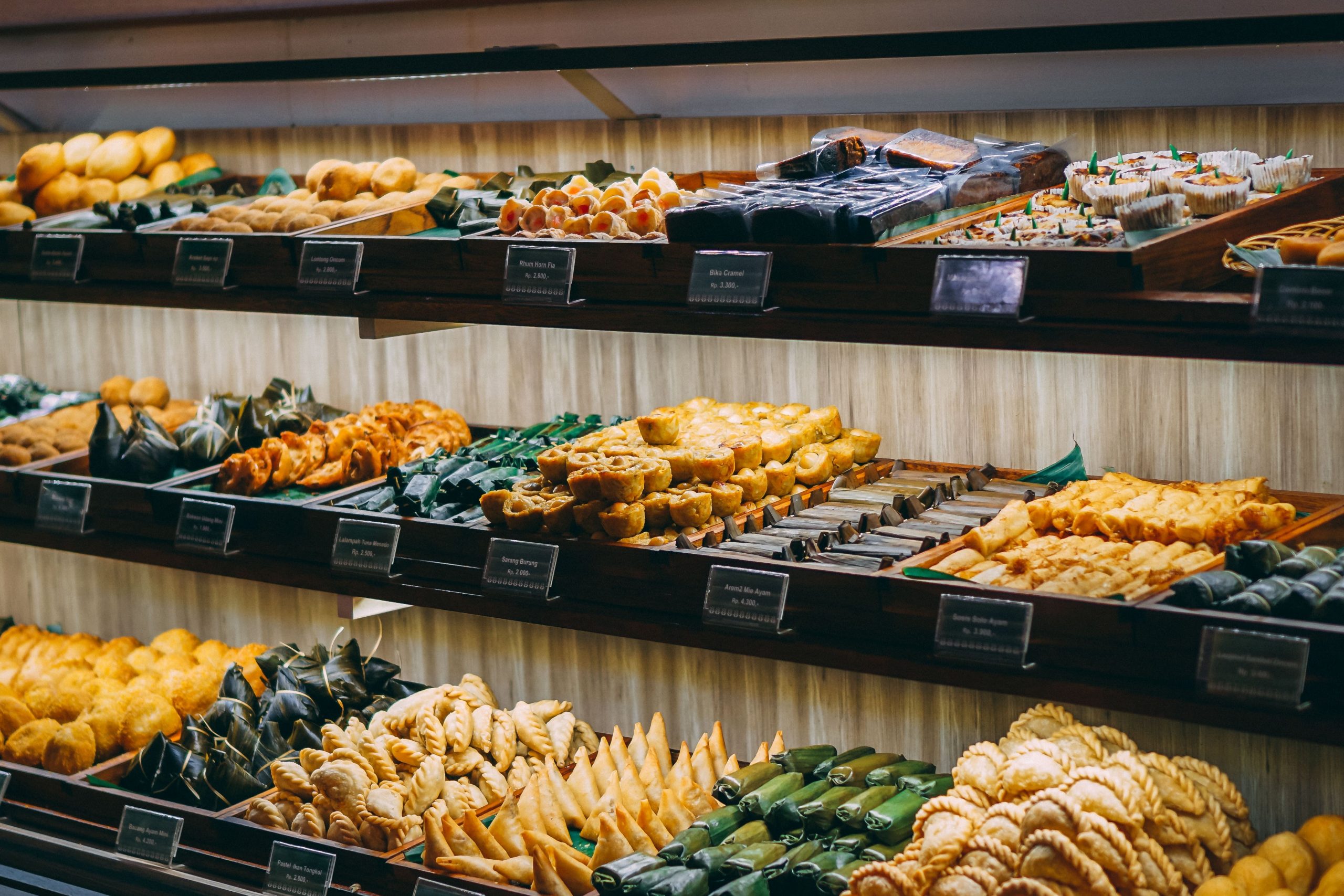In 2019, it seemed like everywhere you turned there was a new recall warning consumers about a dangerous product or tainted food.
December 30, 2019
Recalls have a big impact on what consumers buy, where they shop, and the types of foods they eat. For businesses, a recall event can pack a devastating punch.
In 2019, it seemed like everywhere you turned there was a new recall situation warning consumers about a dangerous product they should avoid or tainted food they shouldn’t eat. As the year comes to a close, we’ve put together a shortlist of the top recall events in 2019 in both foods and consumer goods.
Food products
Spinach. In January, the natural food retailer Whole Foods announced a recall of their Satur Farms’ baby spinach and other related greens due to Salmonella contamination.
Beef. The month of October got even scarier for fast-food lovers when the fast-food chain Taco Bell recalled ground beef from many of its locations due to metal shavings found in the meat.
Chicken recall #1. At the start of the summer grilling season, the USDA announced a recall of Perdue Foods chicken due to bone material found inside many of the company’s ready-to-eat chicken products.
Chicken recall #2. Kicking off the holiday season, Tip Top Poultry also experienced a poultry-related recall of their ready-to-eat chicken products from a variety of store shelves.
Hummus. In July, hummus fans had to forego the chickpea delight when the U.S. Food & Drug Administration recalled 10 Pita Pal hummus brands over concerns about listeria, a bacteria that can live in soil, water, dust, animal waste and other substances.
Cookie dough. In November, refrigerated cookie dough connoisseurs had to put their cravings on hold when Nestle’ recalled many of its ready-to-bake cookie dough products after rubber was found in some items.
Apples. In October, the fall apple season took a hit when more than 2,000 cases of apples were recalled in eight states due to a listeria outbreak.
Infant ibuprofen. Tris Pharma voluntarily recalled three of its Infant Ibuprofen brands when it was discovered that the product contained higher than normal concentrations of Ibuprofen.
Hotdogs. Just days before the Memorial Day holiday, an estimated 64,000 skinless beef hotdogs were recalled due to metal fragments found in the meat.
Consumer goods other than food
Target slap bracelets. The Consumer Product Safety Commission recalled 22,500 slap bracelets from Target due to a laceration risk.
Fisher-Price Rock n’ Play Sleeper. In April, Fisher-Price recalled its inclining infant sleeper due to safety issues. This recall event was soon followed by a warning issued by the American Academy of Pediatrics advising parents against the use of any infant inclined sleep product.
Black and Decker hammers. In November, Stanley Black & Decker of Towson, Md., recalled nearly 211,000 Stanley brand 16-oz. wooden handle nailing hammers due to handle grips coming loose.
Ford pickup tailgates. Earlier in November, Ford Motor Co. recalled nearly 262,000 of its heavy-duty pickup trucks in the U.S. and Canada due to tailgates opening unexpectedly.
Takata airbags. Faulty Takata airbags are the latest recall event of 2019, affecting tens of millions of vehicles. But that’s not all. The newly discovered defect has recently prompted the recall of yet another 1.4 million vehicles, making it the largest auto recall in history.









